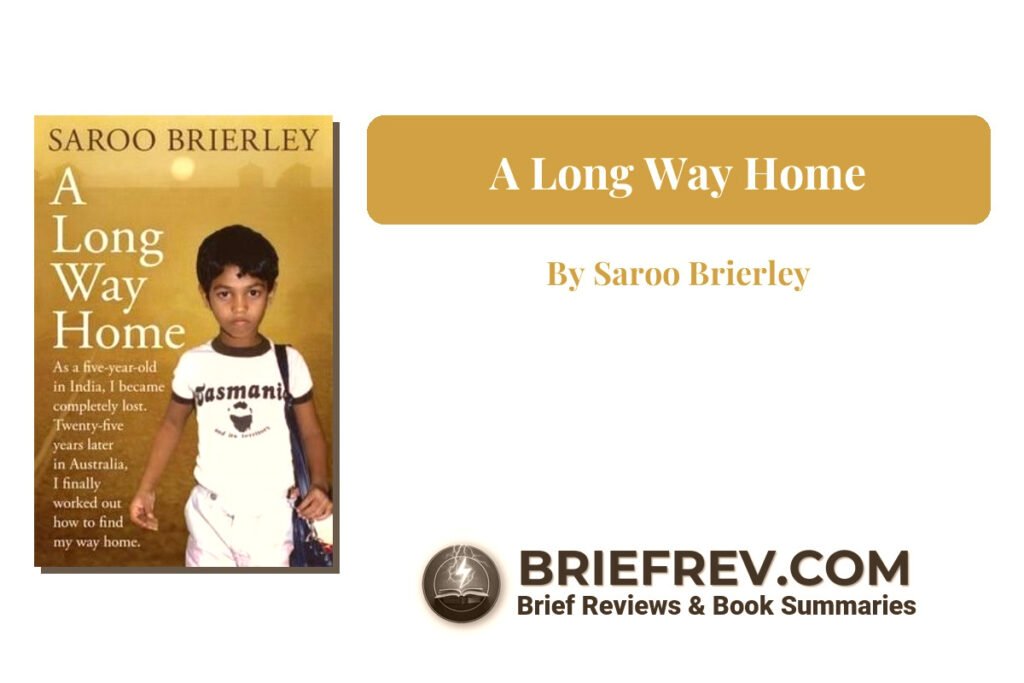Wishful Drinking: A Candid, Hilarious Look at Life, Fame, and Mental Illness
Carrie Fisher’s memoir, Wishful Drinking, is a raw, witty, and unflinchingly honest account of a life lived in the spotlight—and in the shadows of addiction and mental illness. With her signature blend of biting humor and emotional vulnerability, Fisher invites readers into her world, where the absurdity of fame collides with the very real struggles of being human. At its heart, the book is a meditation on survival: how to keep laughing, even when life is falling apart.
What the Book Covers
Wishful Drinking is based on Fisher’s one-woman stage show of the same name, and it reads like a conversation with a friend who’s been through hell and come out the other side with a smirk. The book chronicles Fisher’s life from her early days as the daughter of Hollywood royalty—actress Debbie Reynolds and singer Eddie Fisher—to her own rise to fame as Princess Leia in Star Wars. But it doesn’t stop at the glitz and glamour. Fisher delves into her battles with bipolar disorder, substance abuse, and the complexities of family, marriage, and motherhood. This memoir is for anyone who has ever felt like they were barely holding it together, and for those who appreciate humor as a coping mechanism.
Key Insights
One of the most striking insights from Wishful Drinking is Fisher’s ability to find levity in the darkest corners of her life. She doesn’t shy away from discussing her electroconvulsive therapy treatments or her stints in rehab, but she does so with a self-awareness that turns pain into punchlines. This approach doesn’t diminish the seriousness of her experiences; rather, it reframes them as survivable—and even laughable—in retrospect. Her humor becomes a form of resilience, a way to reclaim power over her narrative.
Another powerful theme is the dissonance between public perception and private reality. Fisher was immortalized as Princess Leia, a symbol of strength and rebellion, yet she often felt fragile and out of control in her personal life. She explores the burden of being seen as an icon while grappling with her own identity. This duality—being both admired and misunderstood—resonates with anyone who has ever felt trapped by others’ expectations.
Fisher also offers a candid look at mental illness, particularly bipolar disorder, which she was diagnosed with in her twenties. She demystifies the condition with clarity and compassion, describing the highs and lows with both scientific insight and personal anecdotes. Her openness helps to destigmatize mental health issues, making the book not just entertaining but also deeply educational. She doesn’t present herself as a victim or a hero, but as someone doing her best to manage a complicated brain.
Family dynamics are another recurring theme, especially the surreal experience of growing up in a famous household. Fisher recounts her father leaving her mother for Elizabeth Taylor, her mother’s larger-than-life personality, and the tangled web of Hollywood relationships that shaped her upbringing. These stories are often outrageous, but they’re also tinged with sadness and longing. Fisher’s reflections on her parents are filled with both affection and frustration, capturing the complexity of familial love.
Memorable Quotes
“Resentment is like drinking poison and waiting for the other person to die.”
“If my life wasn’t funny it would just be true, and that is unacceptable.”
Why This Book Matters
Wishful Drinking matters because it speaks to the messy, contradictory nature of being human. In a culture that often demands perfection—especially from women and celebrities—Fisher’s willingness to expose her flaws is both radical and refreshing. She doesn’t offer easy answers or tidy resolutions, but she does offer solidarity. Her story reminds us that it’s possible to be broken and brilliant, to struggle and still shine.
This book will resonate most with readers who appreciate memoirs that are both humorous and heartfelt. It’s for those who have faced mental health challenges, battled addiction, or simply felt out of place in their own lives. But even for those who haven’t walked Fisher’s path, her voice—sharp, self-deprecating, and deeply human—offers a rare kind of comfort. Wishful Drinking is not just a celebrity tell-all; it’s a testament to the power of storytelling as survival.


